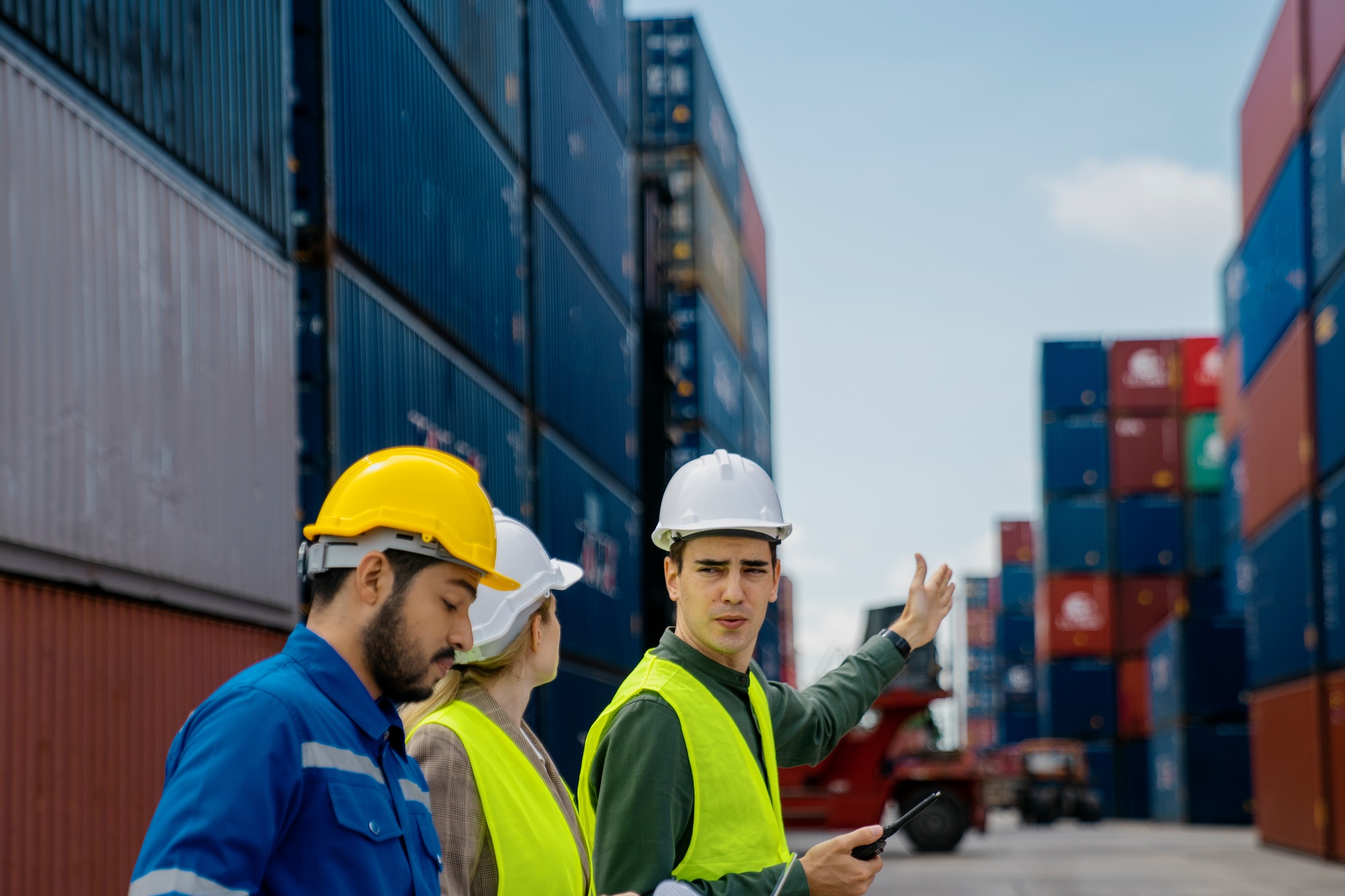The U.S. stands at a crossroads. As demand for electric vehicles, energy storage, and advanced electronics surges, the need for battery-grade materials is skyrocketing. At the heart of this equation is black mass—the concentrated mix of lithium, nickel, cobalt, and manganese recovered from spent lithium-ion batteries.
Despite its immense strategic value, a large portion of America’s black mass is still being exported to foreign countries for processing. This practice may seem convenient in the short term—but in reality, we’re shipping away our future.
It’s time to end this outdated approach. Here’s why the U.S. must keep black mass onshore—and how American Li-ion is building the infrastructure to make it happen.
Exporting Black Mass Means Exporting America’s Future
Every time black mass is exported, America loses control over a critical resource. The materials in black mass power EVs, renewable energy systems, and even military-grade technologies. When we ship this feedstock overseas, we give up more than just minerals—we give up jobs, innovation, and security.
Nations like China, which controls over 60% of the world’s battery material refining capacity (IEA), benefit enormously from our exports. They process the material, build the value-added infrastructure, and resell the refined products—often back to the U.S. at a premium.
By banning or restricting black mass exports, the U.S. can take back control of its energy future. Keeping these materials stateside allows American companies to refine and upcycle them into battery-grade components—fueling domestic industry and reinforcing supply chain resilience.
Creating Jobs at Home, Not Abroad
Black mass isn’t just material—it’s opportunity. Processing it domestically allows us to create thousands of American jobs in engineering, chemistry, operations, and logistics. American Li-ion’s Atoka, Oklahoma facility is proof of what’s possible. We’re on track to create 250–300 high-paying positions with a median salary of $95,000—offering real careers in one of the fastest-growing sectors in the country.
And this is just the start. With each new facility, expansion project, and policy shift that keeps black mass onshore, we generate more opportunity for American workers and more economic impact for local communities.
Reinforcing National Security
Black mass contains materials critical not only for EVs but also for defense applications, satellites, and advanced communications systems. Allowing these materials to be processed overseas opens the door to potential geopolitical vulnerabilities.
By retaining and refining black mass domestically, the U.S. strengthens its control over supply chains that directly impact national security. It also ensures faster access to critical materials in times of crisis or conflict, reducing reliance on foreign powers.
American Li-ion’s domestic-first model offers a secure, sovereign solution—ensuring that America controls its own battery backbone.
Powering Energy Independence
A strong domestic battery supply chain is a cornerstone of American energy independence. As the world transitions to electric mobility and renewable power, the countries that control battery-grade materials will control the future.
Recycling black mass on U.S. soil creates a closed-loop system that minimizes the need for raw mineral imports. Instead of depending on mined materials shipped from across the globe, we can reuse what we already have—right here at home.
That’s how America leads: by building a self-reliant, sustainable infrastructure that supports its own industries first.
Protecting the Environment Through U.S. Standards
Overseas processing facilities often operate under weak environmental and labor regulations. Exporting black mass to these regions increases the risk of pollution, human rights violations, and unethical material sourcing.
In contrast, domestic facilities like ours operate under strict EPA, OSHA, and state-level oversight—ensuring that critical materials are recovered safely, efficiently, and responsibly.
American Li-ion’s technology recovers up to 95% of usable materials while reducing emissions compared to traditional mining and refining. When we process black mass at home, we don’t just protect the planet—we set a global standard.
Scalable Domestic Infrastructure—Ready Now
Stopping black mass exports requires more than policy—it requires infrastructure. Fortunately, that’s already underway.
American Li-ion’s modular recycling systems are designed to scale fast. Our Atoka facility has proven the model, and expansion is already in motion to increase capacity by fivefold. We’re building flexible, deployable units that can be placed anywhere across the country—bringing the solution closer to the source of battery waste.
Our expansion will add 100,000 square feet of processing space, 20,000 MT of additional capacity, and over 100 new jobs by Q1 2026. This is not just a plan—it’s a national strategy in action.
Looking Ahead
With smart policy, investment, and public support, America has a clear path forward. Ending black mass exports isn’t just the right choice—it’s the strategic one. It fuels domestic innovation, empowers workers, strengthens our national defense, and puts the U.S. in charge of its own energy destiny.
At American Li-ion, we’re proud to lead that charge—one battery at a time.



